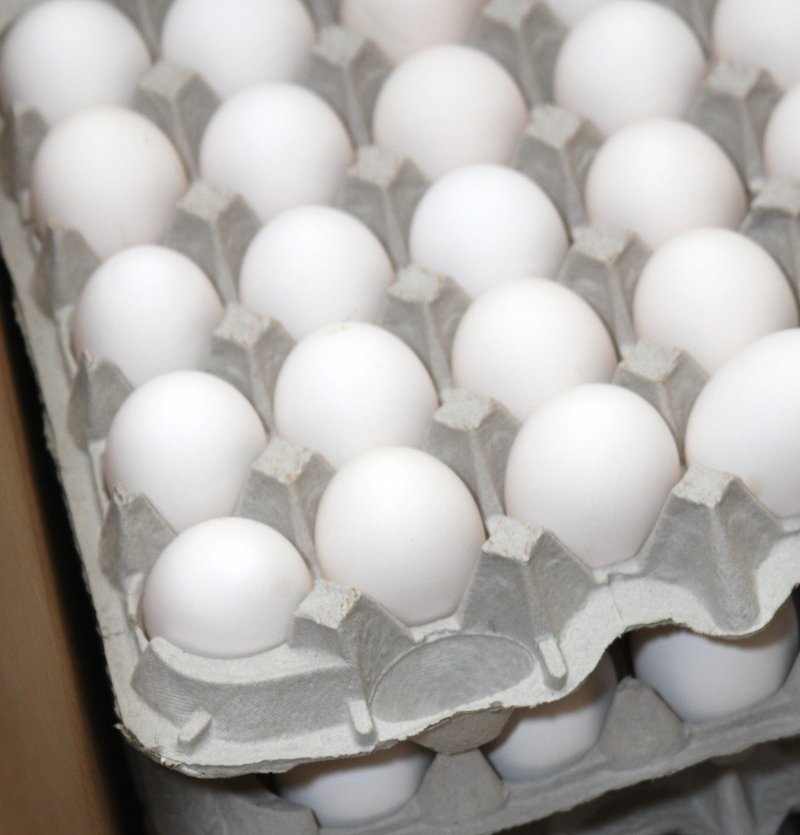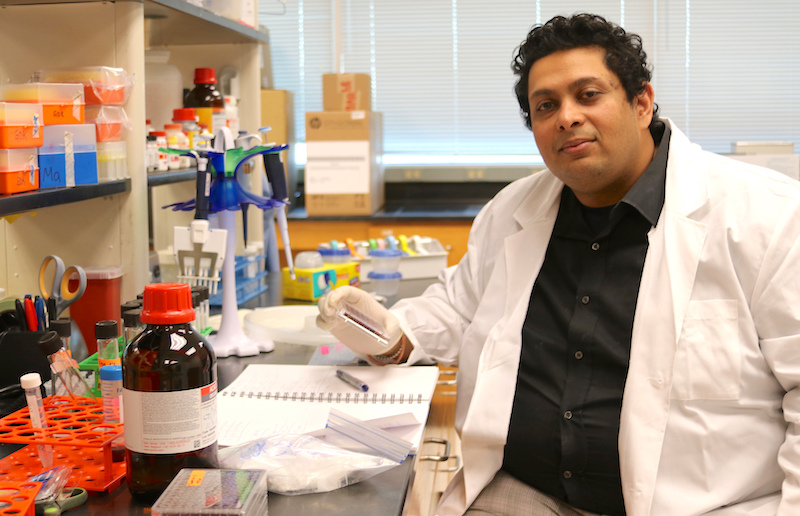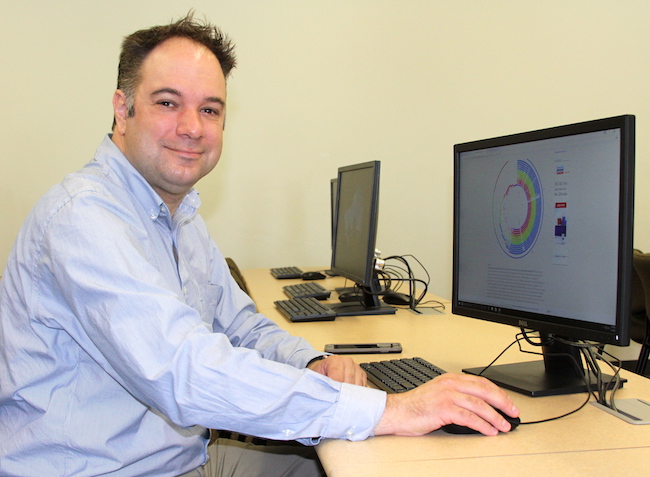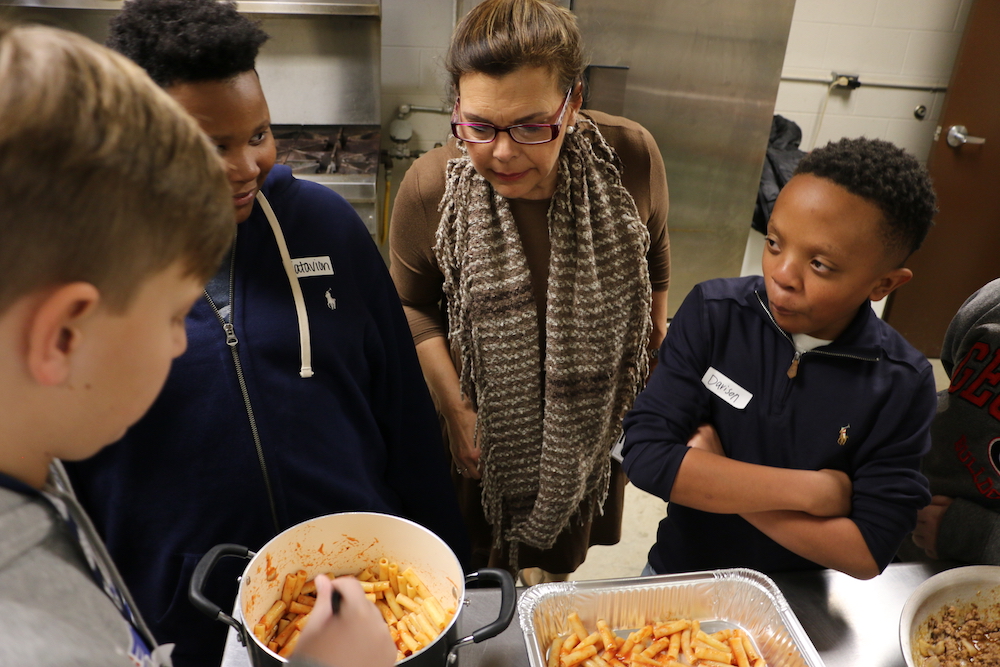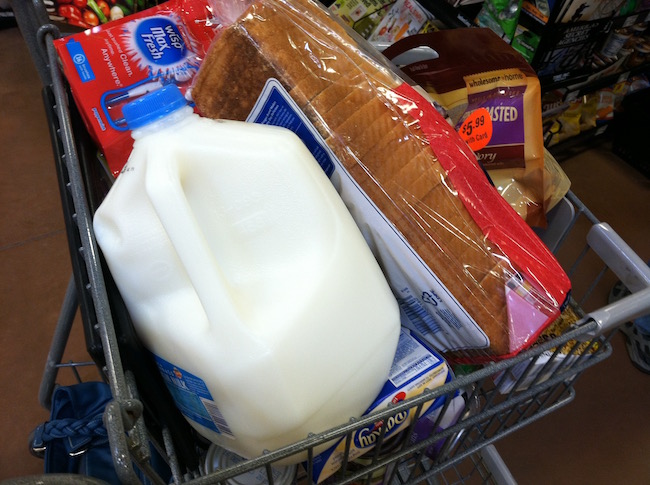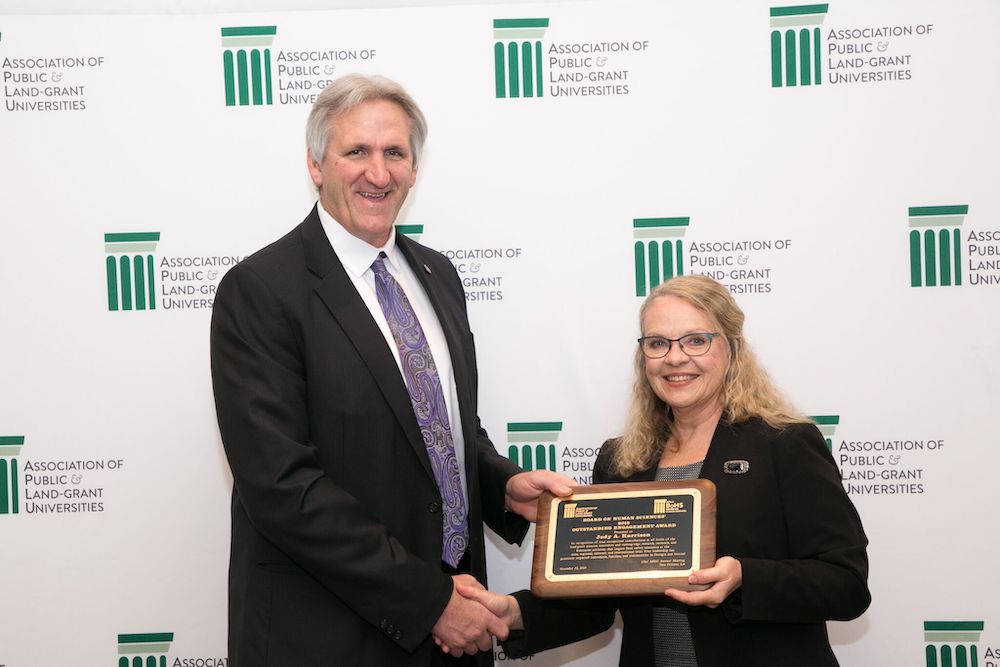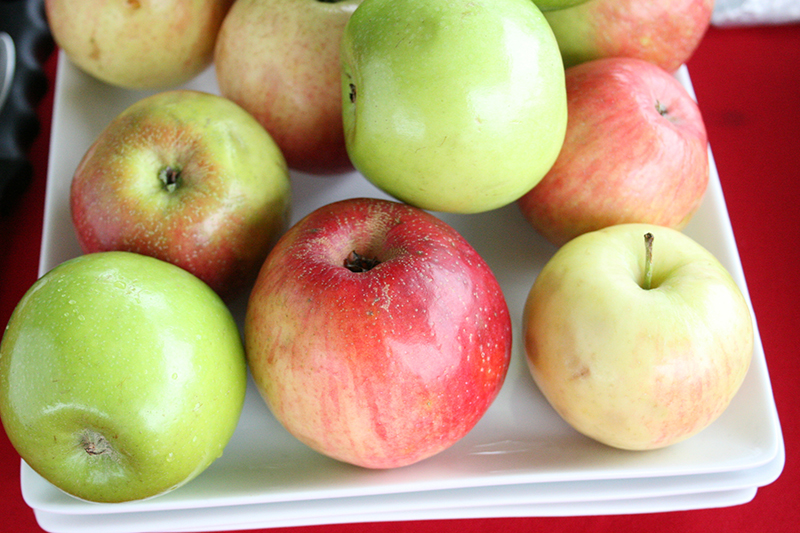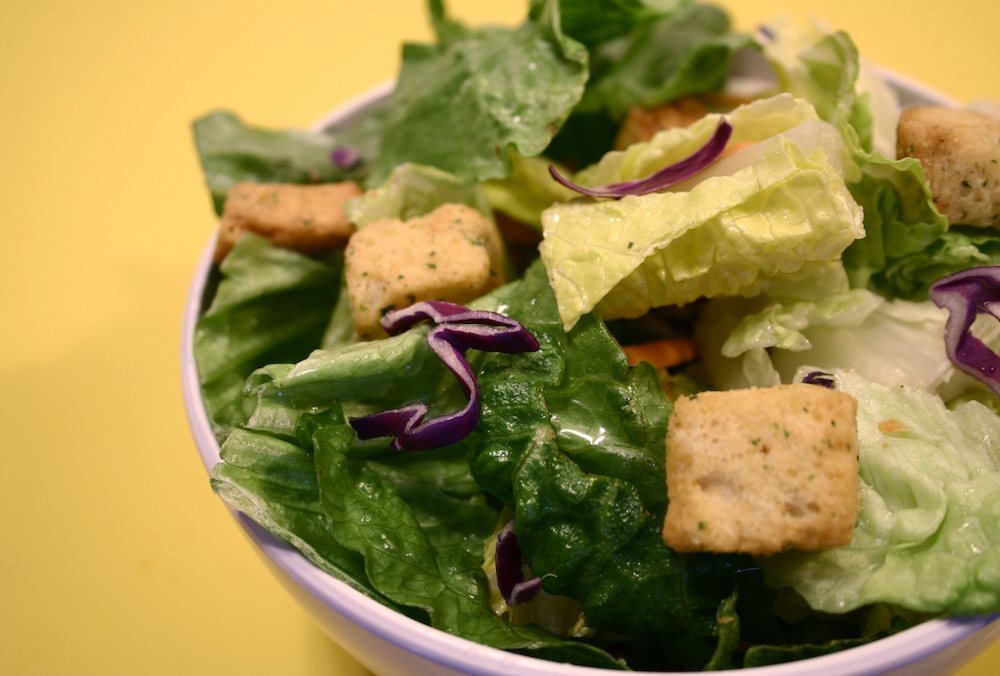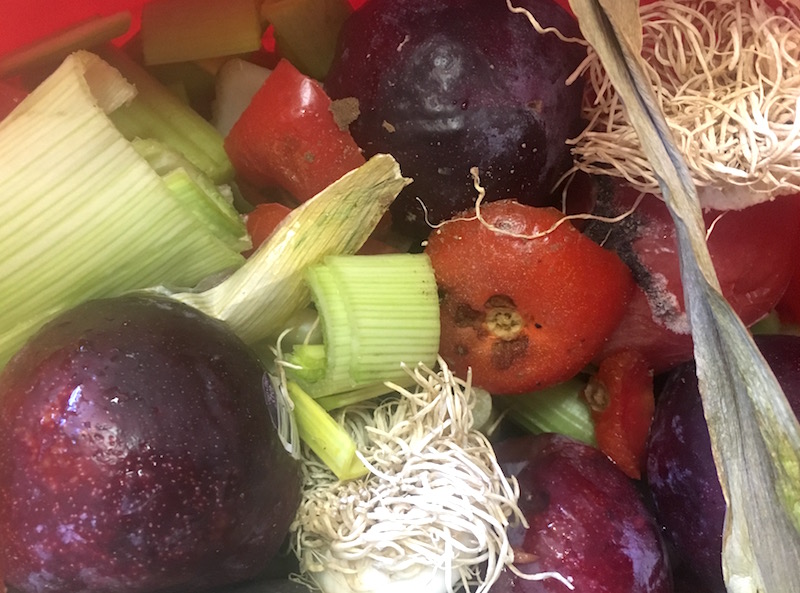 CAES News
CAES News
Food Waste
Most Americans buy food knowing that they will likely throw some of it away. And, as incomes rise, so does the amount of food that’s wasted. These are just a few of the findings revealed by a food waste study conducted by University of Georgia economists in the College of Agricultural and Environmental Sciences.

